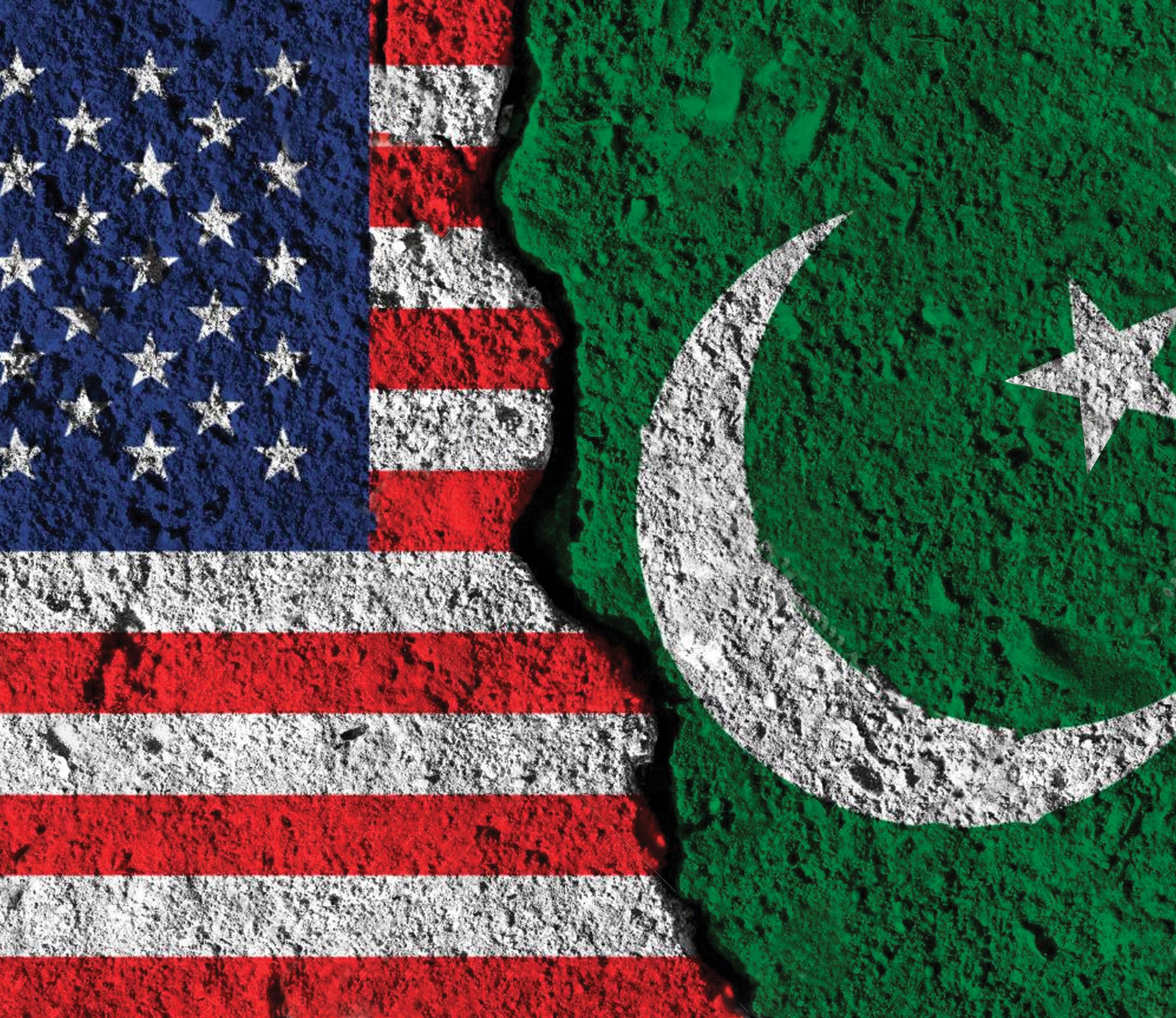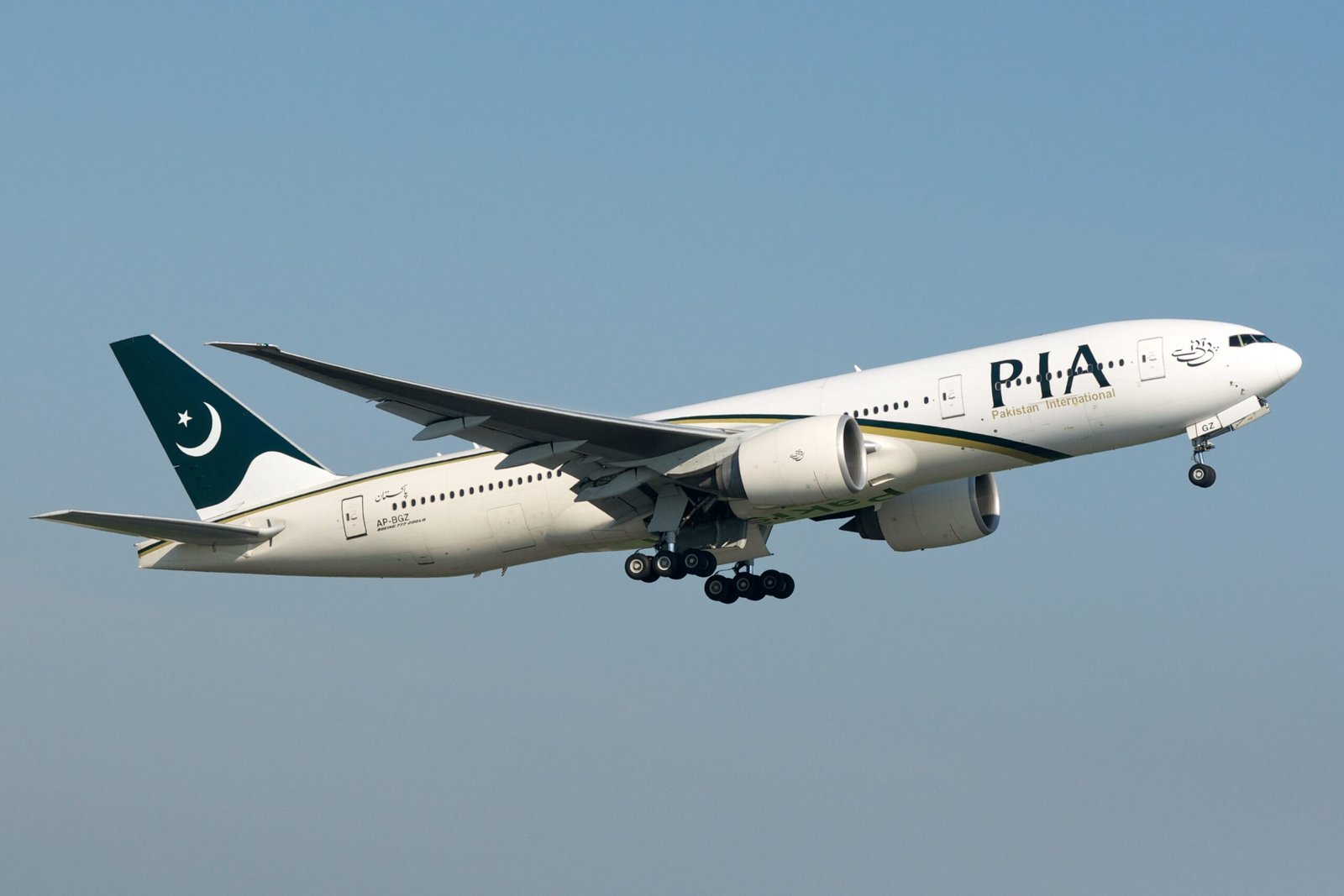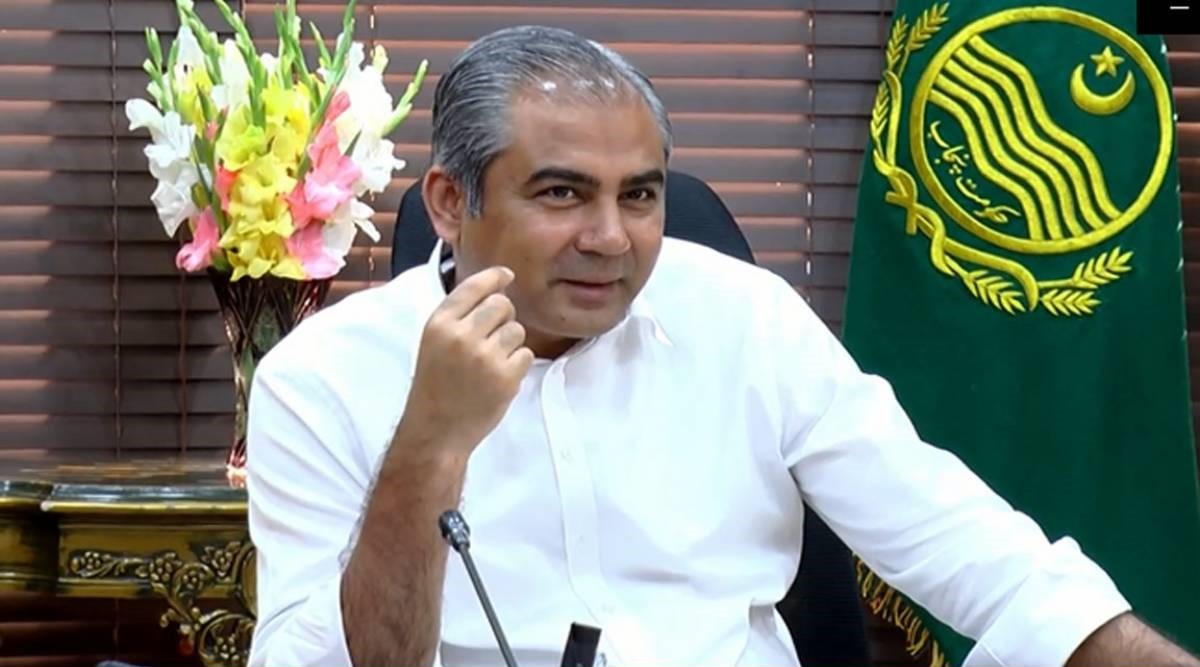The United States has raised serious concerns about Pakistan’s trade and investment environment, particularly in the wake of President Donald Trump’s decision to impose a hefty 29% reciprocal tariff on Pakistan. A report titled 2025 National Trade Estimate Report on Foreign Trade Barriers outlines these concerns, revealing the negative impact on American businesses operating in Pakistan.
The U.S. government highlights that American companies have been facing a range of challenges when dealing with Pakistan’s trade policies, which have made it increasingly difficult to do business. These challenges include high tariff rates, additional duties on key products like automobiles and finished goods, and complex bureaucratic requirements that hinder smooth business operations.
According to the report, U.S. exporters in Pakistan are burdened by non-uniform customs valuation practices, excessive documentation requirements, and penalties stemming from outdated invoicing rules. These issues have created compliance difficulties for U.S. businesses, leading to increased costs and delays in trade.
A major concern noted in the report revolves around Pakistan’s Customs Rules 389 and 391, which impose additional documentation requirements. Rule 389 mandates that a physical invoice and packing list must be placed within the shipping container, adding to the logistical burden. Rule 391 places the responsibility for including these documents—and any resulting penalties—on the owner of the goods and the carrier. This setup poses significant challenges for companies that rely on intermediaries, re-invoicing, or storing goods at various points during transit.
These cumbersome customs regulations have made it harder for American businesses to navigate the complexities of trade in Pakistan, leading to delays and increasing costs. The report also mentions that U.S. companies operating in Pakistan are dealing with foreign exchange restrictions, which hinder their ability to repatriate profits and dividends. These difficulties have been compounded by bureaucratic red tape, which has made the overall business environment less attractive to foreign investors.
The introduction of a 29% reciprocal tariff by the U.S. government on Pakistani goods is expected to significantly affect Pakistan’s export competitiveness. Experts have warned that the higher tariffs will reduce Pakistan’s ability to compete in the U.S. market, which has historically been an important destination for Pakistani goods, especially textiles and apparel.
The ongoing trade tensions between the U.S. and Pakistan could exacerbate existing economic challenges for Pakistan, especially as global trade dynamics continue to evolve. With the imposition of these tariffs, Pakistani products will become more expensive for American consumers, potentially reducing demand and impacting local industries dependent on exports.
Further complicating the business landscape, the report notes that U.S. companies in Pakistan have faced mounting pressure from Pakistan’s Federal Board of Revenue (FBR) to prepay anticipated tax liabilities. This has raised concerns about the country’s tax regime, especially when many local competitors are reportedly engaging in tax evasion or avoiding taxes altogether.
The U.S. government has repeatedly engaged with Pakistani authorities to address these issues, emphasizing the need for fairer and more transparent taxation practices. Despite these efforts, the U.S. government continues to push for Pakistan to broaden its tax base and implement reforms to create a more level playing field for foreign businesses.
Another area of concern highlighted in the report is Pakistan’s weak enforcement of intellectual property (IP) rights. Pakistan remains on the U.S. Special 301 Watch List, which is reserved for countries with poor records of protecting intellectual property. The report points out that while Pakistan has made gradual improvements in IP enforcement and updating IP laws, significant issues remain—particularly regarding enforcement mechanisms.
The rising prevalence of counterfeiting and inconsistent rulings from IP tribunals in Pakistan have also contributed to the country’s continued inclusion on the U.S. watchlist. This issue has led to significant challenges for U.S. companies, particularly those in the technology, pharmaceuticals, and entertainment sectors, where intellectual property protection is critical to maintaining a competitive advantage.
In addition to IP enforcement issues, the report also highlights the negative impact of corruption and a weak judicial system in Pakistan. These systemic issues have been identified as substantial disincentives for foreign investment. Companies looking to invest in Pakistan often face an unpredictable business environment due to corruption, inefficient legal processes, and lack of transparency in decision-making.
While Pakistan has made some progress in addressing certain trade barriers and improving the business climate, the new concerns raised by the U.S. government underscore the need for more comprehensive reforms. Addressing these concerns will be crucial for Pakistan to maintain and attract foreign investment in the coming years.
One of the most pressing issues is the need for more efficient and transparent customs procedures that align with international standards. Reforming Pakistan’s IP laws and improving enforcement mechanisms will also be critical to enhancing the country’s attractiveness as a destination for foreign companies. Additionally, tackling corruption and strengthening the judicial system will be key to creating a more conducive environment for long-term business growth.
The imposition of reciprocal tariffs by the U.S. is a stark reminder of the challenges Pakistan faces in its trade relations with major global economies. The 29% tariff could be a significant blow to Pakistan’s exports, particularly in the textile and apparel sectors, which are highly reliant on access to the U.S. market. However, if Pakistan acts quickly to address the concerns raised by the U.S. government, there may still be opportunities to turn the situation around.
Pakistan must prioritize streamlining trade procedures, reducing bureaucratic hurdles, and improving the overall business climate to avoid further trade disruptions. With the right set of reforms and a commitment to addressing longstanding issues, Pakistan could potentially mitigate the adverse effects of these tariffs and continue to grow its trade relationships with the U.S. and other countries.
The U.S. government’s concerns over Pakistan’s trade policies, coupled with the imposition of the 29% reciprocal tariff, highlight significant obstacles for American businesses operating in Pakistan. These challenges, along with the broader issues of tax evasion, IP enforcement, and corruption, have led to increased pressure on the Pakistani economy. However, with a focused and strategic approach to reform, Pakistan has the opportunity to improve its trade environment and regain the confidence of foreign investors, including American companies.















